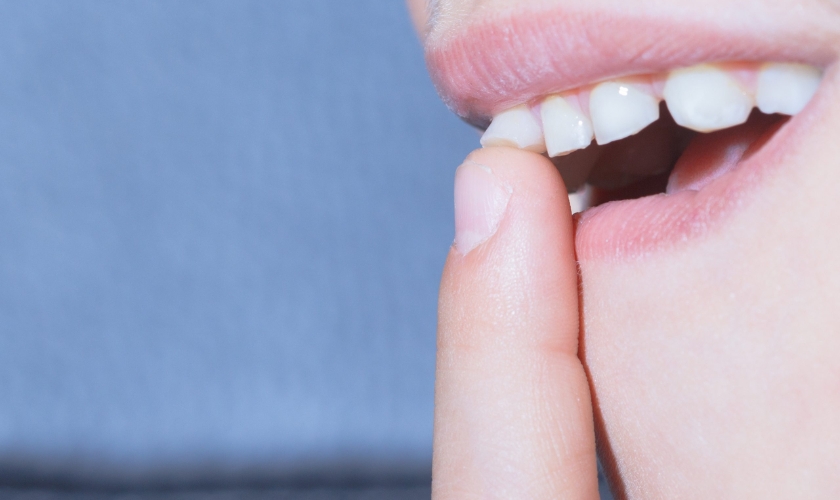Anyone who’s ever had a loose tooth knows the feeling – a strange sensation when you bite down, a slight shift when you run your tongue across your teeth. It can be unsettling, especially for adults who’ve long passed the stage of losing baby teeth. But before you panic, here’s the good news: loose teeth can sometimes tighten back up!
Understanding what caused the loosening in the first place.
Common Culprits of Tooth Looseness
- Gum Disease: This gum inflammation, caused by plaque buildup, can weaken the bone supporting your teeth, leading to looseness.
- Injury: A blow to the face can damage the ligaments and bone around your teeth, causing them to loosen.
- Pregnancy: Hormonal changes during pregnancy can affect gum tissues, making teeth temporarily loose.
- Poor Oral Hygiene: Brushing and flossing inadequately allows plaque to build up, irritating gums and loosening teeth.
- Nutritional Deficiencies: Lack of vitamin C and calcium can weaken bones and gums, contributing to loose teeth.
Tightening the Wobble: Reclaiming Tooth Stability
The possibility of a loose tooth re-stabilizing depends on the severity of the cause. Here’s what you can do:
- Seek Professional Help: Regardless of the cause, a visit to your dentist is crucial. They can diagnose the underlying issue and recommend the best course of action. Early intervention is key for preserving your tooth.
- Improved Oral Hygiene: Brushing twice daily and flossing once a day with proper technique removes plaque and promotes gum health, aiding in tightening loose teeth due to mild gum disease. But suppose you’re struggling with persistent gum inflammation. In that case, your dentist might recommend additional measures like scaling and root planing, as well as a deep cleaning procedure to remove stubborn plaque and tartar buildup below the gumline.
- Dietary Adjustments: Include plenty of fruits and vegetables for vitamin C and calcium-rich foods like dairy products and leafy greens to support bone health. These nutrients play a vital role in maintaining strong teeth and healthy gums, which act as a natural anchor for your teeth.
- Splinting: In some cases, your dentist might recommend splinting, where a loose tooth is bonded to neighboring teeth for extra support. This allows the bone and ligaments around the loose tooth to heal and regain strength. Splints can be temporary or permanent, depending on the severity of the case.
- Addressing Underlying Conditions: If a medical condition like osteoporosis contributes to tooth looseness, managing that condition becomes crucial for overall dental health. Working with your doctor to develop a treatment plan for osteoporosis can help prevent further bone loss and safeguard your oral health.
When to See an Emergency Dentist
Sometimes, a loose tooth is a sign of a more urgent dental issue. Here’s when you shouldn’t wait:
- Severe Pain: If the looseness is accompanied by throbbing pain, it could indicate an infection or damaged tooth nerve. This type of pain requires prompt attention to prevent further complications like abscess formation.
- Excessive Bleeding: Bleeding gums beyond minor irritation point towards a potential underlying issue like advanced gum disease. If you notice persistent or excessive bleeding after brushing or flossing, consult your dentist right away.
- Significant Movement: If the tooth wiggles considerably, it could be a sign of severe damage or bone loss. The extreme mobility of the tooth can indicate a fractured tooth root or significant ligament damage, both requiring immediate dental intervention.
- Dental Trauma: If a recent injury caused the looseness, especially with visible damage to the tooth or surrounding area, seek immediate dental attention. Timely treatment can minimize damage and potentially save the tooth.
In such cases, seeking an emergency dentist becomes critical. They are equipped to handle urgent dental situations and can provide prompt treatment to minimize damage and potentially save your tooth. Consulting a dentist is the best way to diagnose the cause of a loose tooth and determine the appropriate course of treatment. If you’re experiencing a dental emergency and need immediate attention, consider reaching out to an emergency dentist in Springfield for timely care.

